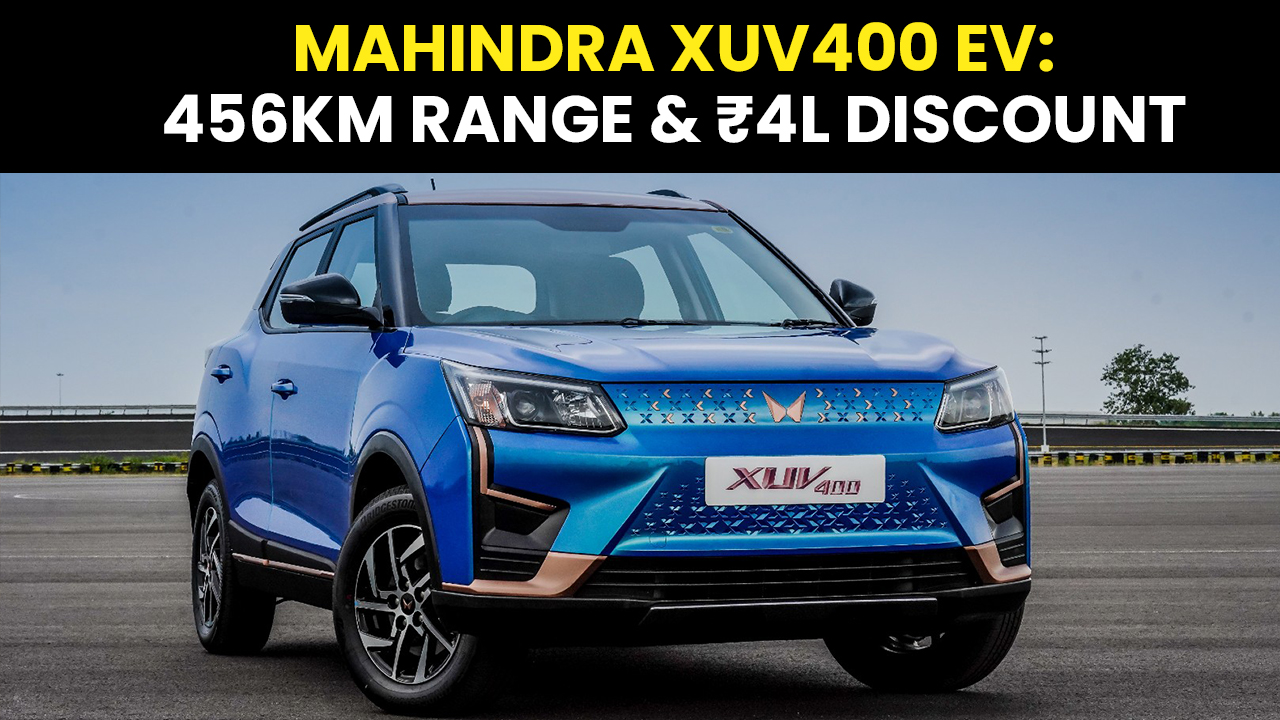China’s electric vehicle (EV) titan, BYD (Build Your Dreams), is set to make a game-changing entry into the Indian market by establishing its first manufacturing plant in Telangana’s Rangareddy district, roughly 60 kilometers from Hyderabad. This strategic expansion comes at a time when global trade barriers are reshaping the EV industry, making India a promising new frontier for the world’s largest EV manufacturer.
Why India? Why Now?
BYD’s move to India isn’t just about tapping into a booming EV market; it’s also a calculated response to escalating trade restrictions in Western markets. The European Union (EU) recently imposed tariffs of up to 35.3% on Chinese EVs, while the United States has quadrupled duties to a staggering 100%, making exports from China increasingly unfeasible.
India, on the other hand, offers a compelling opportunity with its rapid EV adoption, government incentives, and a projected market growth of 43% CAGR, reaching an estimated 932,000 units by 2030. BYD’s partnership with Hyderabad-based Megha Engineering and Infrastructures Ltd (MEIL) will ensure compliance with India’s foreign investment regulations, with MEIL holding a majority stake in the venture.
BYD: The EV Giant Challenging Tesla
Founded in 1995 as a battery manufacturer, BYD entered the automotive industry in 2003. The company has since outpaced Tesla in global EV sales, delivering 4.27 million vehicles in 2024 compared to Tesla’s 1.79 million. With a dominant 32% market share in China’s new energy vehicle (NEV) sector, BYD has been aggressively expanding worldwide, setting up plants in Thailand, Brazil, Hungary, and now India.
Blade Battery Technology: A Game-Changer for India?
One of BYD’s biggest technological advantages is its Blade Battery, a lithium iron phosphate (LFP) battery that boasts:
- Unmatched Safety – Resistant to extreme conditions and significantly reducing fire risks.
- Higher Energy Efficiency – Optimized space utilization by over 50% compared to conventional EV batteries.
- Ultra-Fast Charging – With its Super e-Platform, BYD’s battery can charge for a 470-kilometer range in just five minutes, outpacing Tesla’s 15-minute charge time for a similar range.
Impact on India’s EV Industry
BYD’s India entry is set to disrupt the market, bringing:
✅ Increased Price Competition – Domestic automakers like Tata Motors (38% market share), MG Motor India (29%), and Mahindra Electric (16%) will need to innovate aggressively.
✅ Faster EV Adoption – With BYD’s affordable models and advanced battery tech, consumers could shift to EVs more rapidly.
✅ Infrastructure Growth – A dedicated manufacturing plant means more localized production, better supply chains, and a boost in battery production and charging networks.
Tesla vs. BYD: The Indian EV Showdown Begins
Tesla, which has seen its market share in China drop from 16% in 2022 to just 4.3% in 2025, is also eyeing India as its next battleground. However, BYD’s cost-efficient manufacturing, localized production, and government partnerships could give it a first-mover advantage.
With both giants gearing up for India, the next few years will define the future of EVs in one of the world’s most promising markets. Can BYD replicate its China success story in India, or will Tesla and domestic giants like Tata Motors stand in its way?
Only time will tell—but one thing is certain: India’s EV revolution is about to accelerate like never before!

